Watery Egg Whites
As chickens get older, the quality of the egg that they lay will deteriorate. Older birds will lay eggs that have more watery albumen (what
Health > Egg Quality
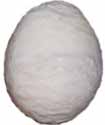
This category contains information about quality problems with eggs in poultry— such as soft or missing eggshells, calcium coated, wrinkled or misshaped eggs, watery whites, double yolks or blood spots.
Articles are grouped as follows:
Articles and information about common quality problems we find with eggs and eggshells.
As chickens get older, the quality of the egg that they lay will deteriorate. Older birds will lay eggs that have more watery albumen (what
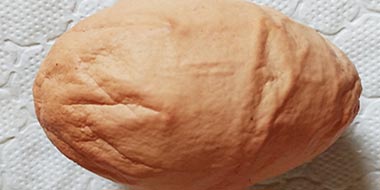
Sometimes chickens will lay a wrinkled egg. These are normal eggs inside, with hard shells, but have wrinkled egg shells. So what causes these wrinkled eggs? And are they safe to eat?
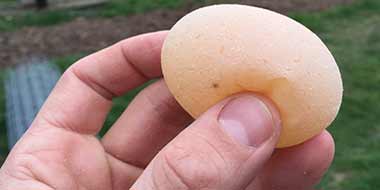
New chicken-keepers are often concerned when they find a soft-shelled egg, so this article aims to provide information about the causes of these strange eggs and provides some tips to preventing soft eggs.
Sometimes an egg gets coated in calcium. It looks very white and powdery on the surface of the shell. Sometimes the egg can look a
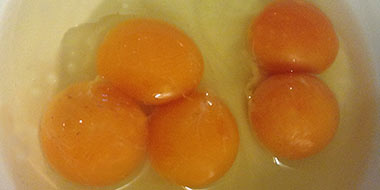
Double or multi yolk eggs, whilst very enjoyable, are actually a fault. They are common in young, laying hens, especially from hens that are from highly productive strains.
Bacteria exist on the surface of all eggs. Egg shells are porous, however there is a protective layer deposited around the shell of an egg
Mini eggs are about quarter of the size of a normal egg. They usually don’t have a yolk inside, just the ‘white’ or albumen as
Blood spots are usually found in or just next to the yolk of an egg. They are caused by a tiny blood vessel in the
Meat spots in eggs are usually found in the albumen (white) rather than near the yolk like blood spots. They are brown in colour and
Mushy Chick Disease, also known as a yolk sack infection, can kill newborn chicks. Mushy chick disease develops inside the egg as the chick develops.
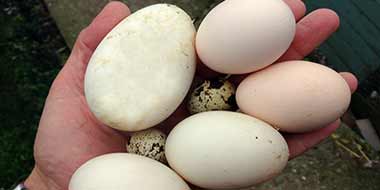
Eggs come in a variety of sizes and are commonly available in almost every country around the world. This article tells you everything you need to know about the inside of an egg.

Quail eggs weigh in on average at just 12 grams (compared to around 60g for a hens egg). They are enjoyed by most hard-boiled in

There is a lot of marketing, promoting eggs that are high in omega-3 fatty acids, but do you know how to get your hens producing rich omega-3 eggs?
Wild birds consume many diverse foods and expend energy laying eggs but only inside a relatively short breeding season. For our domesticated poultry, laying eggs for most of the year puts significant nutritional demands on their body. Keeping our backyard flock fed correctly and in good health will help us to prevent problems with eggs.
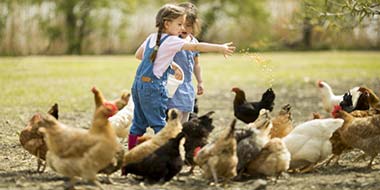
Domesticated chickens, especially modern hybrids, are fantastic egg layers; however, this performance increases nutritional demands, so how we feed our chickens has never been so

Jeremy Hobson, the author of Success With Chickens, tries to uncover the truth behind some long-held chicken health myths and potions used as natural remedies.
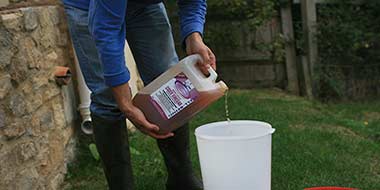
I have been giving Apple Cider Vinegar to my chickens for many years, and combined with good husbandry, I have seen a positive difference in my flock’s health.

In this article, you will learn about the purposes of the two different types of poultry grit and how you can feed these together as

How good is Verm-X for chickens? Verm-X comes in a liquid or pelleted formulation and I tried it out over 6 months, but how can you be sure it’s working?

Are your chickens getting into bad habits, laying eggs on the floor instead of in their nest boxes? As well as the waste, when discarding heavily soiled eggs, this can also be a stepping stone to hens eating eggs.
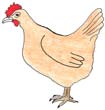
Feathers, beak, skin, scales, spurs, eyes, comb, nails, legs and wings. Problems such as lameness, feather loss, external parasite infestation, frostbite, blindness, cuts and wounds.
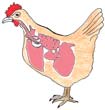
Respiratory problems including Avian Influenza, Aspergillosis, Gapeworm, Infectious Bronchitis and Mycoplasma.
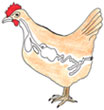
Typical digestive system problems include internal parasites, loss of appetite, swollen crop, bad or sweet-smelling breath, diarrhoea, or messy bottoms.
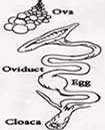
Reproductive system problems include egg-laying problems (but not egg problems) in chickens and other poultry.

Common quality problems with eggs, such as soft or missing eggshells, wrinkled or misshaped eggs, watery whites, double yolks or blood spots.
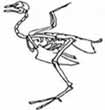
Skeletal, muscular and nervous system problems.
Diseases such as Marek’s or Toxoplasmosis.
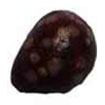
Diseases and disorders relating to major organs or the cardiovascular system include acute heart failure and Avian Leukosis.
Every effort has been made to provide accurate information about poultry diseases and illnesses, and it is provided in good faith; however, content on this website is for informational purposes only and is not intended as a substitute for veterinary advice. Reliance on any information provided on this website is solely at your own risk.